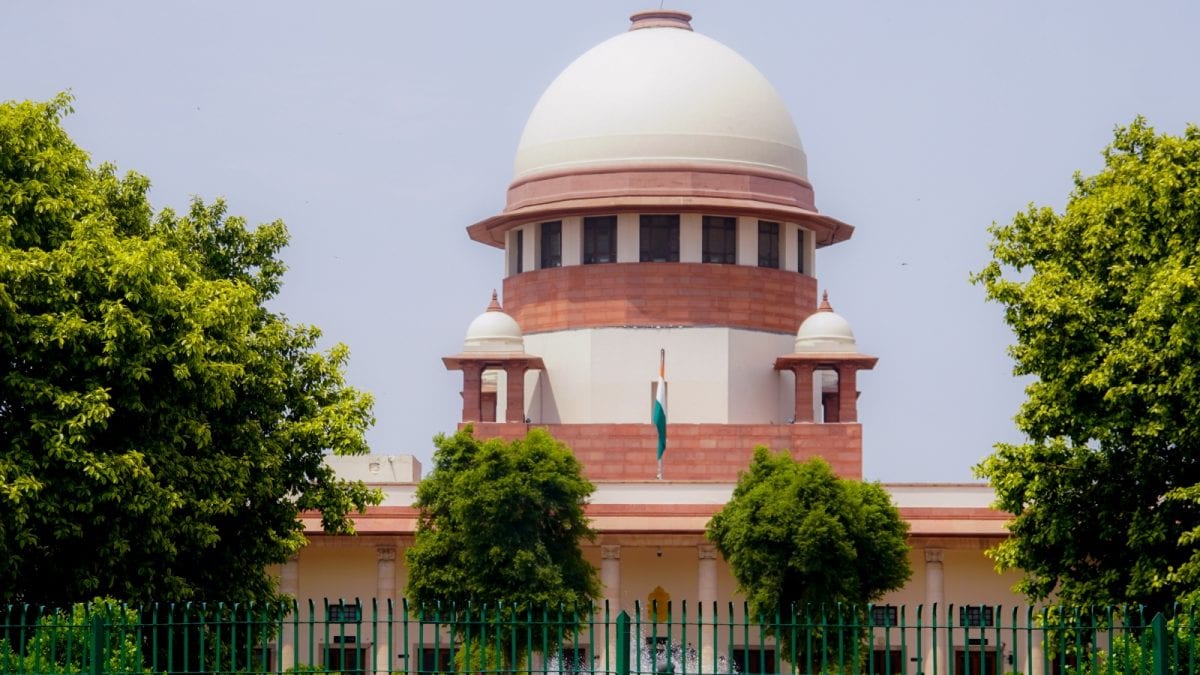The Telangana High Court, on Thursday, sought to know if the State government was going to place an Action Taken Report (ATR), along with the report of the Justice P.C. Ghose Commission, which inquired into the alleged irregularities in execution of the Kaleshwaram project, before the State Assembly.
Seeking this clarification from Advocate General A. Sudarshan Reddy, a Bench of Chief Justice Aparesh Kumar Singh and Justice G.M. Mohiuddin of the HC adjourned to Friday the hearing of the two writ petitions filed separately by former Chief Minister K. Chandrasekhar Rao and his former Cabinet colleague T. Harish Rao over the Ghose commission. BRS supremo KCR and Harish Rao, who served first as Irrigation and later Finance Minister during the BRS rule, moved the HC seeking directions to declare constitution of Ghose Commission as illegal and quash its report.
After hearing extensive arguments presented by Supreme Court senior lawyers Aryama Sundaram and Dama Seshadri Naidu, appearing for Harish Rao and KCR respectively, the CJ raised a specific query.
The Bench wanted to know whether the government wanted to place the commission’s report before the Assembly before taking any action based on it or it would take action based on the report and place the ATR before the Assembly.
The AG replied that he was not sure if the government would place the report as it was before the Assembly for discussion before adoption of the same or it would act upon the report and then furnish the action taken report in the Assembly along with the main report.
“This we need to know,…this is a crucial question…crucial area of concern…” the CJ said. The AG sought time till Monday or Tuesday to explain the government’s stand.
“The acceptance of the findings of the report is to be done at the level floor of the assembly after a debate…whether an action has to be taken before that only on the basis of the report or after the acceptance of the findings,” would be the main point, the CJ observed. Earlier, senior counsel Aryama Sundaram contended that the mandatory notice under section 8B of Commission of Inquiry Act-1952 was not issued to his client and hence the commission’s report would be deemed ‘vitiated’.
He questioned the action of the State government in putting up part of the commission’s report in public domain. The CM had even made a power point presentation before media persons and every newspaper carried the report, he said.
The AG responded by saying that the two petitioners “knew and understood” that the notice issued to them was under Section 8B. He argued that the case laws cited by the petitioners’ counsels would not apply to the present case.



.png)
.png)
.png)
















 1 week ago
8
1 week ago
8









 English (US) ·
English (US) ·